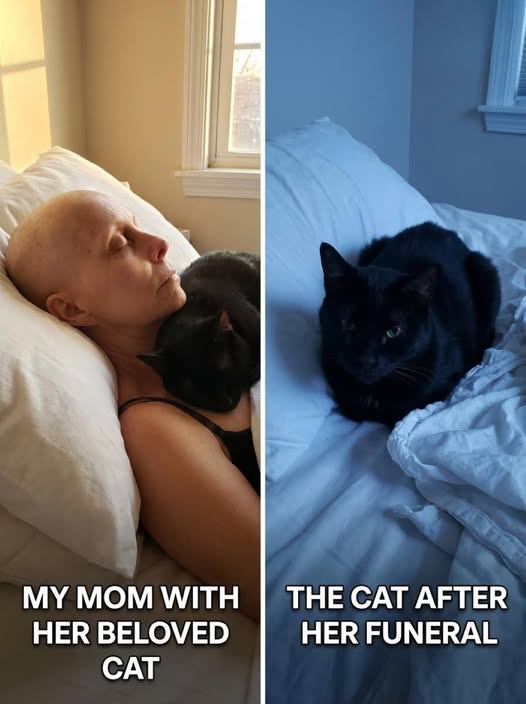Woman who ‘died for 17 minutes’ says she saw something she couldn’t imagine 2 Mins Read 3 Views
The enigma surrounding what occurs after death has intrigued humanity for centuries. Despite significant scientific progress, we continue to be uncertain about what awaits us beyond this life. Death remains a mystery, and no one has returned to narrate the experience without crossing the threshold between life and death.
However, near-death experiences offer rare insights into this uncharted territory. Some individuals report feelings of peace and light, while others only remember darkness. The account of Victoria Thomas is one such narrative that provides a unique viewpoint on life after clinical death.
At the age of 35, Victoria collapsed during a workout at her local gym in Gloucester, UK. Just moments prior, she had informed a friend that she was feeling dizzy. Suddenly, she fell to the ground and suffered a cardiac arrest. For 17 minutes, she had no pulse and was not breathing.
During this period, Victoria describes everything going black—until she became conscious of floating above her body, observing the paramedics as they attempted to revive her. “I didn’t see a light or feel peace,” she recounted. “I was merely watching, seeing the yellow machines surrounding me.”
The paramedics persisted in their efforts. After 17 minutes, they successfully restarted her heart. She was then placed in a coma for three days and subsequently fitted with a defibrillator to regulate her heart rhythm.
Eventually, doctors diagnosed her with Danon disease, a rare genetic disorder that impacts the heart, muscles, and other organs. By 2022, her heart function had declined to a mere 11%, a level deemed terminal.
In 2023, she underwent a life-saving heart transplant. Now at 41, Victoria is alive to share her story—one that challenges our perceptions of consciousness and death.
Her experience did not align with the common near-death visions. Instead, it revealed a state of detached awareness—suggesting that there may be more to life, and death, than we currently comprehend.

